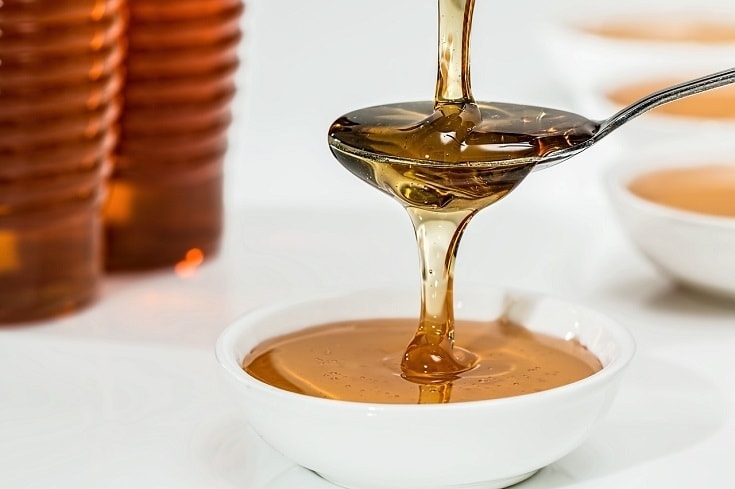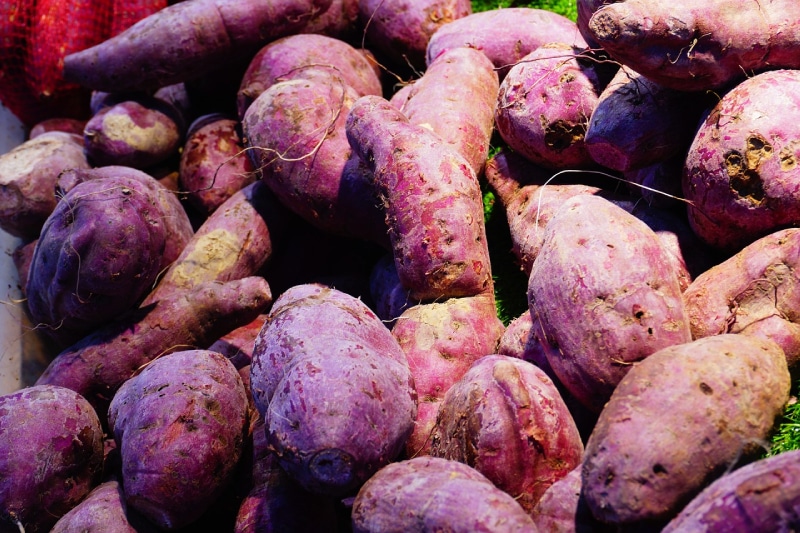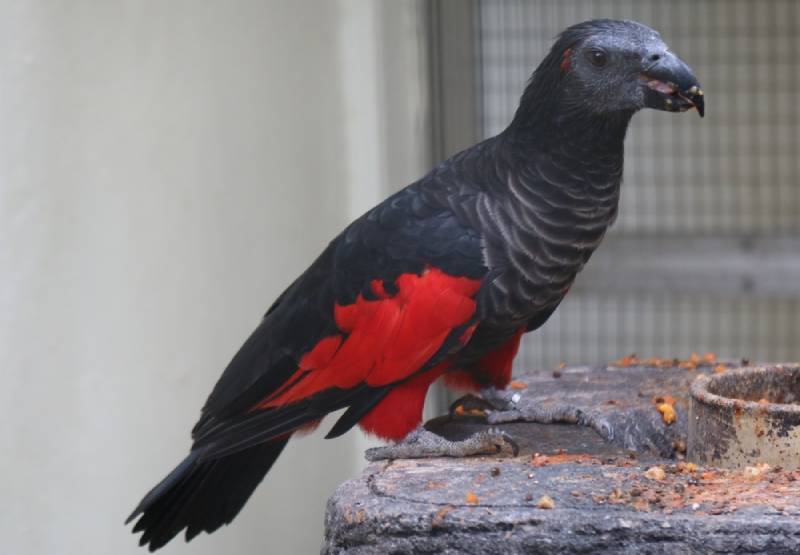Can Parrots Eat Bananas? Vet-Verified Nutrition Guide
By Ashley Bates
Updated on

This article has been reviewed for factual accuracy by a qualified veterinarian, using information available at the time of publishing. Parrot owners are urged to consult with their veterinarian when making dietary decisions for their pet. This article is designed to provide general information but it does not take into account your pet’s health status or circumstances.
Click to Skip Ahead
Bananas are a highly nutritious tropical fruit that is often a parrot favorite. Our birds seem to love the color, consistency, and taste of these delicious fruits. You might not know that bananas are, in fact, a berry. While they might not look much like one, your parrot is just as attracted to them.
So if you’re wondering if your parrot can eat bananas, the answer is absolutely! Bananas are completely non-toxic for parrots, including the stems and peels. While your pet’s ideal diet is highly influenced by their species, most parrots will enjoy some fruit in their diet. Having said that, if you’re not sure what your parrot should eat we recommend discussing this with your veterinarian. In this article, we will go over the nutritional benefits of bananas and some things you should consider before feeding them to your pet.
Health Benefits of Bananas
Bananas are incredibly healthy for parrots and humans alike. When you can, always buy organic to reduce chemical pesticide exposure.
Fiber
Bananas are chock full of fiber. Dietary fiber allows your parrot’s digestive system to work as it should. Fiber is more important in some species than in others. Eclectus parrots, for example, are adapted to a high fiber diet. Keeping fresh fruits in their diet, like bananas, will ensure that they’re getting enough hydration from the food they eat and can absorb nutrients better in the gut.

Potassium
Potassium is a vital component of nerve cells, blood and muscle. It allows nerve cells to transmit signals appropriately throughout the body, balances fluid levels, and regulates metabolism.
Vitamin B6
Vitamin B6 is a highly essential nutrient that is not made in your parrot’s body. Therefore, they must constantly get vitamin B6 supplementation from the foods they eat. Luckily, bananas are incredibly high in vitamin B6.
Vitamin C
Your parrot’s body produces vitamin C by itself. Therefore, they do not rely on fruits and other food items to boost their vitamin C levels. However, in chickens vitamin C boosts immunity and the same may be true for parrots.
Antioxidants
Bananas are loaded with bountiful antioxidants. Antioxidants help to reduce free radicals in the body, which can later lead to disease.
Phytonutrients
Phytonutrients are found in certain foods, like bananas, and they are thought to benefit the body and prevent disease.

Considerations When Feeding Parrots Bananas
Balance is critical when it comes to your parent’s diet. You should always maintain a healthy balance between their species-appropriate pellets and fresh food offerings.
Species considerations must be taken into account when formulating the diet. Make sure you know the type of diet that is best for your pet and include bananas along with a range of other beneficial foods for your pet.
Rules of Feeding Bananas to Parrots
Before you start feeding bananas to your parrot, here are some things you can keep in mind. As we mentioned above, too much of anything is a bad thing, so portion control and consistency are key.

Make Sure Bananas Are Always Fresh
It would help if you always made sure that the bananas you feed your parrot are fresh. Dried bananas are extremely high in sugar content and should be avoided when possible. Freeze-dried bananas might be a better option than dried, but they are quite challenging for your parrots to eat as they are quite hard.
Greener Is Better Than Riper
If you look at the banana spectrum, green bananas are perfectly safe to feed your parrot and are a much more advisable choice than overly ripe bananas. As bananas ripen, the sugar content goes up dramatically.
You Can Feed Your Parrot Bananas Mashed or Chunked
You can feed your parrot banana the way that they can eat it most efficiently. Some parrots might prefer it mashed, chunked, or offered in tiny bits. Try out a few different ways so you can see which is easiest for your parrot to consume.
Do Not Offer Peels of Non-Organic Bananas
Because bananas are so often treated with pesticides, it’s best to avoid offering peels to your parrots. Buying organic is a surefire way to avoid excess exposure to these pesticides. If you do not buy organic, always peel the banana before offering it.

Conclusion
Now, you can be certain that bananas are not only safe, but they’re very beneficial to your parrot’s diet. So whether you have Cavendish, pisang raja, or plantains, your parrot can enjoy them, among many other fresh foods.
Bananas are full of valuable vitamins and minerals that can contribute to your parrot’s overall health. Just ensure you’re feeding the correct portions so that all nutrients are evenly distributed in their body. However, certain things, such as pesticides and nonorganic peels, can be problematic. Make sure that you are serving organic peels—or keep peels away altogether.
See Also: Can Parrots Eat Sweet Potato? Vet-Reviewed Nutritional Facts
Featured Image Credit: Lifestyle Travel Photo, Shutterstock











